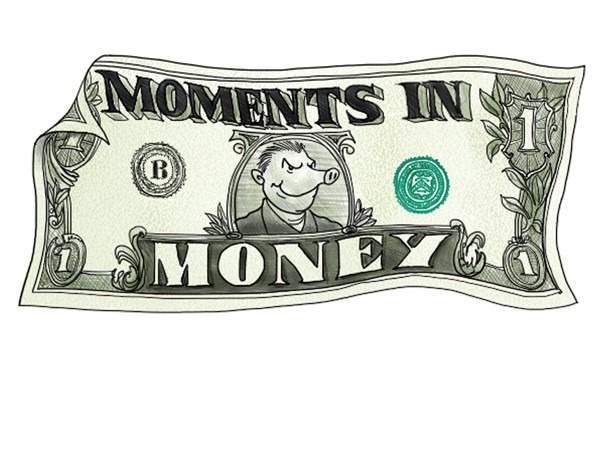
In this edition of our series highlighting key moments in the history of finance, we’re taking a look at the first gilt
In 1694, King William III needed money. The Dutchman, who had seized the British throne five years earlier, was waging a war with France to regain control of the English Channel – a fight for which the Royal Navy was ill-gunned. Making matters worse, the crown William had attained was lumbered by debts from years of financial mismanagement under the Stuarts.
To untangle himself from the mess, William had to hand over key financial powers to parliament (allowing it to control tax) and agree to a newly created Bank of England. Still, he needed to get his hands on £1.2 million – £240 million in today’s money. The solution was a loan from the new Bank of England. The loan needed subscribers, and investors could smell the desperation of the state. Subscribers would be incorporated by the name of ‘the Governor and Company of the Bank of England’, making them the Bank’s first shareholders.
The loan also carried a mouthwatering interest rate of 8 per cent, and just 25 per cent of each payment was required up front. After all, England expects… The Bank was given sole possession of the government’s balance sheet and was allowed to issue its own banknotes. Lenders would hand the government bullion and issue notes against the bonds, which in turn could be lent against.
The £1.2 million was raised in less than two weeks and a huge industrial effort was undertaken. It was a success, paving the way for funding wars and infrastructure projects. The term ‘gilt’ didn’t come along until the 19th century, named after the gilded edge of the paper certifi cates issued by the Bank. The edges were original but the idea wasn’t new. The fi rst government securities were issued in 1517 by the city of Amsterdam, although these can’t be considered government bonds as such.
The name has stuck because ‘gilt-edged’ bonds still have a very low risk of default (the price for safety today is low interest rates), and as a money-spinner in hard times gilts still deliver: in April alone, the government’s debt management office raised a whopping £58 billion from selling gilts to pay for the fight against coronavirus. With plans to raise £180 billion more by July, ministers, just like William III, are banking on gilts.
This piece first appeared in issue 75 of Spear’s. Click here to buy a copy.
Read more
Moments in money: The world’s first stock market
Moments in Money: The first bank
Moments in Money: The volatility index






